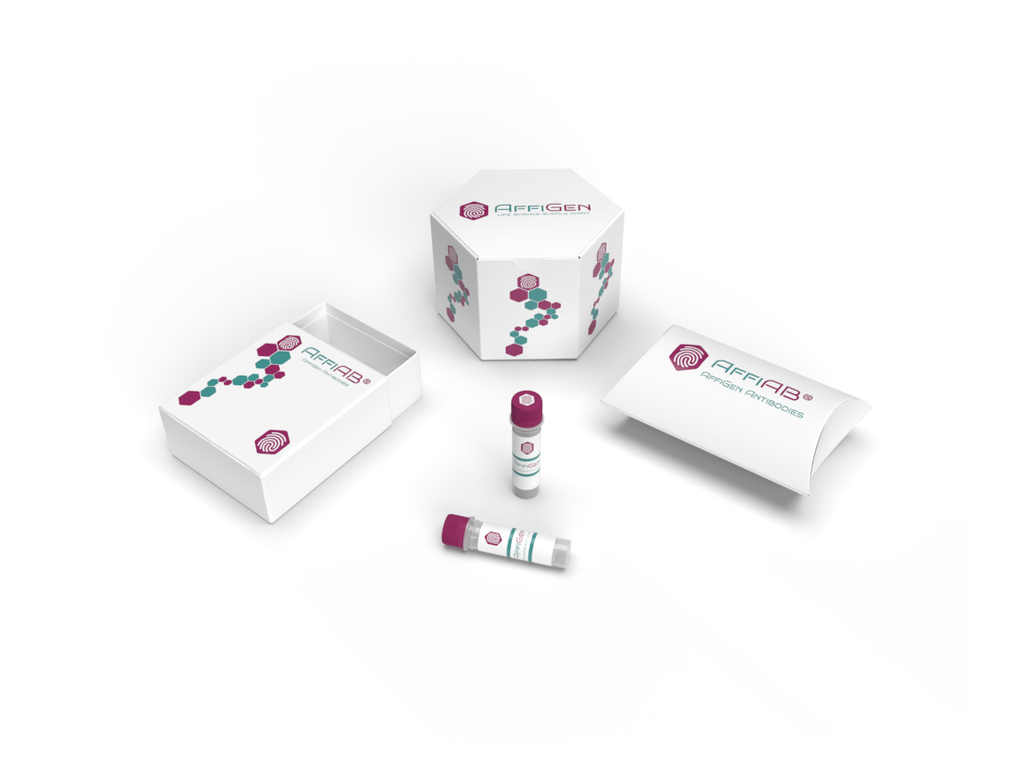AffiAB® Anti-P63 Antibody
Tumor protein p63 is a member of the p53 family of transcription factors. p63 -/- mice have several developmental defects which include the lack of limbs and other tissues, such as teeth and mammary glands, which develop as a result of interactions between mesenchyme and epithelium. TP63 mutations underlie several malformation syndromes that include cleft lip and/or palate as a hallmark feature. p63 immunostaining has utility for head and neck squamous cell carcinomas, differentiating prostatic adenocarcinoma (the most common type of prostate cancer) and benign prostatic tissue; normal prostatic glands stain with p63 (as they have basal cells) , while the malignant glands in prostatic adenocarcinoma (which lacks these cells) do not. P63 is also helpful in distinguishing poorly differentiated squamous cell carcinoma from small cell carcinoma or adenocarcinoma.
Antibody type
Rabbit polyclonal Antibody
Uniprot ID
SwissProt: Q9H3D4 Human; SwissProt: O88898 Mouse; SwissProt: Q9JJP6 Rat
Recombinant
NO
Conjugation
Non-conjugated
Host
Rabbit
Isotype
IgG
Clone
N/A
KO/KD
N/A
Species reactivity
Human, Mouse, Rat
Tested applications
WB, IHC-P
Predicted species reactivity
N/A
Immunogen
Synthetic peptide within human P63 aa 152-196.
Storage
Store at +4°C after thawing. Aliquot store at -20°C or -80°C. Avoid repeated freeze / thaw cycles.
Form
Liquid
Storage buffer
1*PBS (pH7.4) , 0.2% BSA, 40% Glycerol. Preservative: 0.05% Sodium Azide.
Concentration
1 mg/mL.
Purity
Immunogen affinity purified.
Signal pathway
Cancer
Recommended dilutions
WB: 1:500-1:1, 000
; IHC-P: 1:100-1:200
Molecular Weight
Predicted band size: 77 kDa
Subcellular location
Nucleus
Positive control
MCF-7, human lung cancer tissue, Hela
